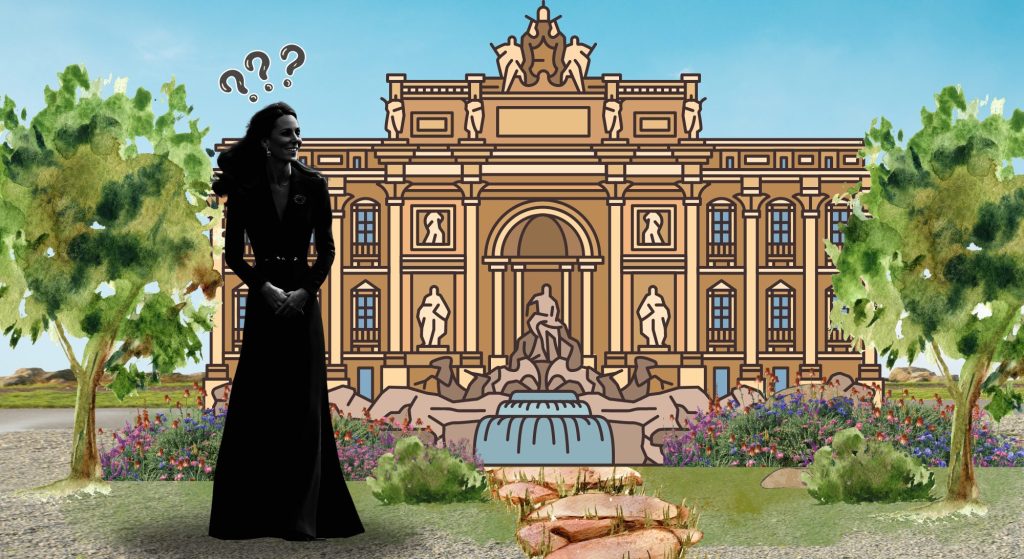The entertainment industry has grown, and consumers have grown with it. While this can prove to be a wonderful thing, it seems that a lot of large entertainment companies have started caring more about being “right” and “good” than entertaining their audiences.
“Representation” and “diversity” are buzzwords in today’s culture. We like seeing more diverse people play more diverse roles and seeing groups of people get represented that aren’t always front and center. These groups can include anyone based on religion, ethnicity, sexuality or gender.
Writers, special effects, actors and a whole crew of other people help deliver us into endless worlds, whether that be a cheesy rom-com or a guilty pleasure true crime documentary.
These hot topics of diversifying the cast and crew and representing minorities have blindsided the entertainment industry. Representation should be more about coming up with new ideas to implement those who we haven’t seen as much, rather than pushing out those who are faithful and rebranding to fit a modern ideal.
This has led to casting actors to play roles that may not best suit them, either based on talent or who they are as a person. There are several actors in the industry that stand out to me for being diverse, both good and bad.
One of my favorites is Troy Kotsur, an American actor from Mesa, Arizona. He’s acted in several movies, with his most recent being the 2021 film called “CODA.” In this Academy Award-winning film, Kotsur became the second ever deaf actor to win an Academy Award after Marlee Matlin 35 years prior.
While not the primary example of diversity, deaf culture is a culture of its own. It’s wonderful seeing not only a movie that does a great job portraying this but an actor who is deaf receiving this award.
All that being said, there are some examples of representation gone wrong.
By this point, we’re all familiar with the Disney live-action remakes that the corporation is pushing on viewers. One of these remakes is the movie “Snow White” set to release in 2024. While the movie itself is trying its best to retell a classic story, the choices of actors leave many questions.
There has been a lot of talk about the remake including some rumors about the lead actress Rachel Zegler being fired from the project. All of those rumors seem to have been dispelled, and while Zegler has played some great roles, including her role in “West Side Story,” the Latina actress got cast as a character that doesn’t quite match the description from the original “Snow White” of “Lips red as the rose, hair black as ebony, skin white as snow.”
On top of this, the majority of the seven dwarves are played by rather tall or average-height actors. This was an area where diversity and representation didn’t need to be considered as heavily since no one was looking at the original film and thinking, “You know what this needs? More diversity.”
At that point, just make an entirely new movie with new characters instead of remaking a film from around 85 years ago that already has a loyal following.
With regard to animated films, one of my favorite examples that comes to mind is the movie “Moana.” It’s silly, goofy and has serious and realistic undertones which makes it a great watch for people of all ages. While this example may be juvenile to some, it’s a great movie to show little kids since it shows just enough cultural diversity to make children curious about others outside their own cultures, but also not shame them for their own.
Outside of movies, there are several TV shows that have dipped into showing audiences more representative choices in their storylines.
Take episode three of “The Last of Us” where a gay couple is seen. While implementing this into the show, the actions of the actors don’t do anything to further influence or disrupt the plot. And yes, this did lead to some controversy in audiences after the episode, but the best representation that can be done is a representation that doesn’t disrupt the plot.
This is compared to the latest season of the famous TV show “Doctor Who” who made the decision to make the 13th doctor a woman. The actor who played the doctor is Jodie Whittaker, and she has shown audiences time and time again that she’s a wonderful actor. One of Whittaker’s most famous projects is the television show “Broadchurch.”
Why, then, is the audience score on Rotten Tomatoes for “Doctor Who: Flux” an outstanding 29%?
Well, some seem to think it has to do with the series showrunner Chris Chibnall. There are several reasons as to why this may be, but it’s pretty simple. “Doctor Who” has always been a series rich with storytelling and plotlines that keep audiences interested and coming back for more.
Instead of focusing on the plot of the 13th season, it seems that both the writers and showrunner got too carried away with being representative and diversifying. Their efforts have not been directed toward furthering the storyline while having a new female doctor but having the new female doctor be the storyline.
There are several other great and not-so-great examples of diversity in entertainment, and each has its pros and cons. Seeing actors that win awards and representation in shows where you least expect leaves audiences feeling good. Unfortunately, it can have the opposite effect when there is too much effort being put into making something diverse that it loses appeal.
The nuances of diversity and representation in the entertainment industry are never-ending. Whether it’s something that audiences like or dislike, there are always going to be times when things go a little too far. “Too much of a good thing” is a saying for a reason.




